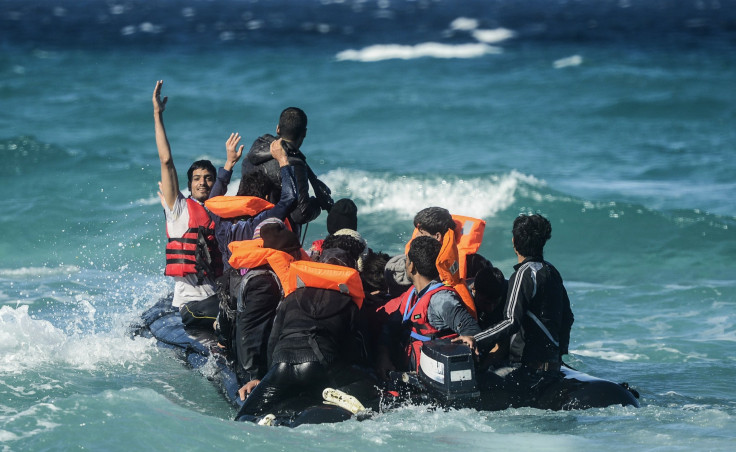Heralding Schengen Suspension, EU Gives Greece 3 Months To Fix Borders

The European Union took a step on Friday toward allowing for a two-year suspension of its prized free-travel Schengen zone to boost controls of the flows of people, acknowledging there is no quick fix in sight to the migration crisis engulfing the bloc.
Greece, the main gateway to Europe for more than a million refugees and migrants last year, has been overwhelmed by the influx and other EU states have increasingly criticized Athens for not managing the flows properly.
Several EU states including Germany, the main destination for people arriving in Europe from the Middle East and Africa, have quoted Greece's problems in temporarily reinstating emergency controls on some internal Schengen borders.
But they expire in May and, in order to have them extended, EU states on Friday gave Athens three months to fix "serious deficiencies" on its part of the Schengen area's external border, including in registration, sea border surveillance, border checks and others.
"The overall functioning of the Schengen area is at serious risk," the European Council, which brings together EU countries' governments, said after adopting the 50 recommendations for Greece, which voted against.
It is highly unlikely that Athens would be able to deliver on all requirements and that could lead the bloc's executive European Commission recommending the unprecedented activation of rules allowing member states to have controls on internal Schengen frontiers for up to two years. Any such decision would still have to be approved by 28 EU states.
Diplomats in Brussels stress the move was not intended to isolate or stigmatize Greece but to suspend Schengen in a relatively orderly way and hence prevent it from imploding once and for all.
"The point is not locking Greece out of Schengen. The point is - if the external border is not being controlled, it allows member states to keep the controls that are in place on their own internal borders," said a senior EU official.
"If you don't do this, you are in a lawless zone and controls could last forever."
© Copyright Thomson Reuters {{Year}}. All rights reserved.





















